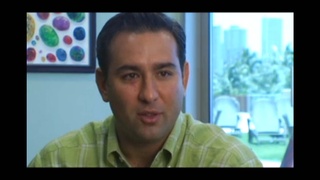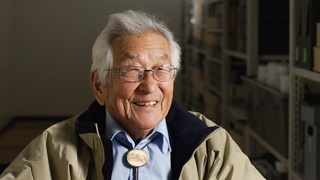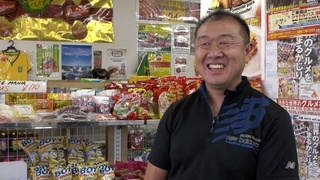Interviews
Opening a Japanese-style all-girls' school in Brazil (Japanese)
(Japanese) In order to go to the countryside as a sewing teacher, sewing skills can’t be the only thing you have, right? Indeed, you need teaching credentials in order to become a teacher. That was kind of the beginning of how our all-girls’ school—the all-girls’ school like the ones in Japan—came to be. We created a department called Women’s Studies. There, we taught several things—Japanese was taught at about a middle school level. So we taught Japanese, and we did sewing, taught cooking, and geography and science and history, too… things about the human body, and about a lot of experiences abroad… and art was taught, too. Yes, art. We taught art. We asked and pleaded to teachers specializing in these subjects to come teach at the school. We’d do this every month, and we’d always be living in debt, debt, debt. But you know, there were a lot of sewing students, and we were somehow able to get by, even when in debt. Seeing all of these kids graduate, and thinking about how they would be able to continue on with their lives as responsible individuals… we thought, who cares if we’re in debt? So we stopped worrying about the financial aspects, and continued to educate. That’s why we have so many teachers. See, it’s written on there, right? We’d ask these college graduate teachers [to work with us]. We got the text books from Japan, and we taught. Then afterwards, gradually, there were more people who came to this university for Brazilian education; more than Japan—more than sewing or the Japanese language, more and more people, like you guys, came for Brazilian education. So we thought, OK, from here on out teaching Japanese and sewing alone aren’t going to be enough—so we opened a Brazilian school. But of course, it was very difficult in the beginning. We were behind in payment for 13 months. We hosted Festa Junina, but all of the money we raised went towards those 13 months. If we borrowed from other places, we’d borrow from the banco (bank) and such. All in all, we had to work very hard for the first seven, eight years after opening the Brazilian school.
Date:
Location: Brasil
Contributed by: Caminho da memória - 遥かなるみちのり. São Paulo, Brazil: Comissão de Elaboração da História dos 80 Anos de Imigração Japonesa no Brasil, 1998. VHS.









